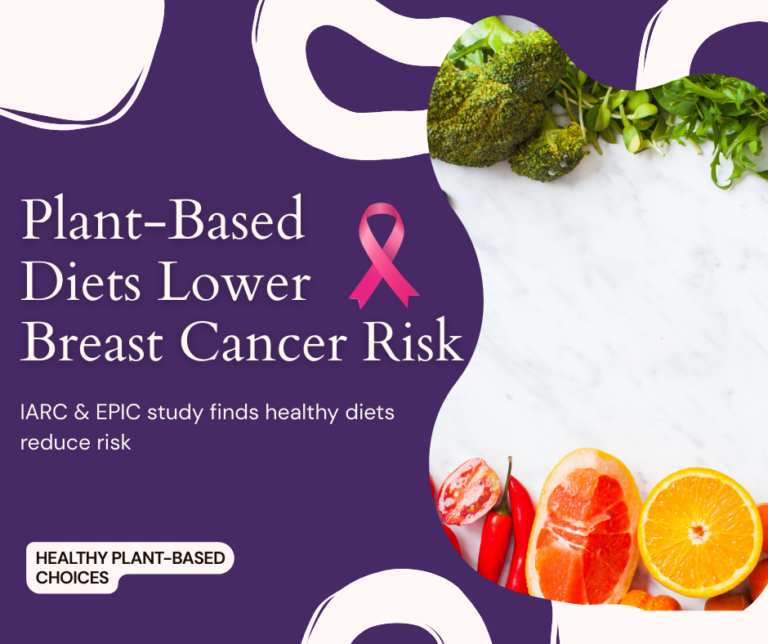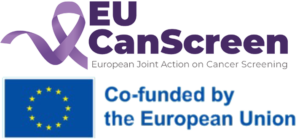Plant based diets linked to reduced breast cancer risk
Healthy plant based diets associated with 11% lower post menopausal breast cancer risk
A new study by scientists from the International Agency for Research on Cancer (IARC) and partner institutions examined the association between plant-based dietary patterns and breast cancer risk, using data from the European Prospective Investigation into Cancer and Nutrition (EPIC) study. The findings were published in the European Journal of Epidemiology.
Plant-based dietary indices have attracted increasing attention due to their potential benefits in preventing cardiometabolic diseases and certain cancers, as well as their positive environmental impact. Previous research has suggested that adherence to plant-based diets – especially those rich in healthy plant foods – may be linked to a lower risk of breast cancer, though evidence has been inconsistent.
This study analysed data from 258,343 women across seven European countries, followed for a median of 14.9 years. Dietary intake was assessed at recruitment using validated questionnaires, and indices were calculated for adherence to overall, healthful, and unhealthful plant-based diets.
Results showed that greater adherence to healthful plant-based diets – characterized by higher intakes of fruits, vegetables, nuts, legumes, whole grains, vegetable oils, and coffee/tea – was associated with an 11% reduction in breast cancer risk. Researchers found that 30–50% of this association in postmenopausal women could be mediated by lower adiposity, as measured by body mass index and waist circumference.
While further research is needed to confirm these findings in other populations, the study underscores the potential role of healthy plant-based diets in breast cancer prevention. The results have implications across all breast cancer subtypes and highlight the importance of both the quality of plant-based foods consumed and the maintenance of a healthy body weight.
Reference:
Shah S, Laouali N, Mahamat-Saleh Y, Biessy C, Nicolas G, Rinaldi S, et al.
Plant-based dietary patterns and breast cancer risk in the European Prospective Investigation into Cancer and Nutrition (EPIC) study.
Eur J Epidemiol. Published online 14 July 2025.
#EuCanScreen #CancerScreening #HealthCare #CancerPrevention #BreastCancer #CancerRiskFactors #PlantDiet
🔗 Please don’t forget to Subscribe to EuCanScreen Newsletter! 💪
Subscribe to our newsletter to get news and updates.
Subscribe to our newsletter to get news and updates.

The general objective of EUCanScreen is to assure sustainable implementation of high-quality screening for breast, cervical and colorectal cancers, as well as implementation of the recently recommended screening programs – for lung, prostate and gastric cancers. EUCanScreen will facilitate the reduction of cancer burden and achieving equity across the EU.
This project has received funding from the European Union’s EU4HEALTH Programme under the Grant Agreement no 101162959












